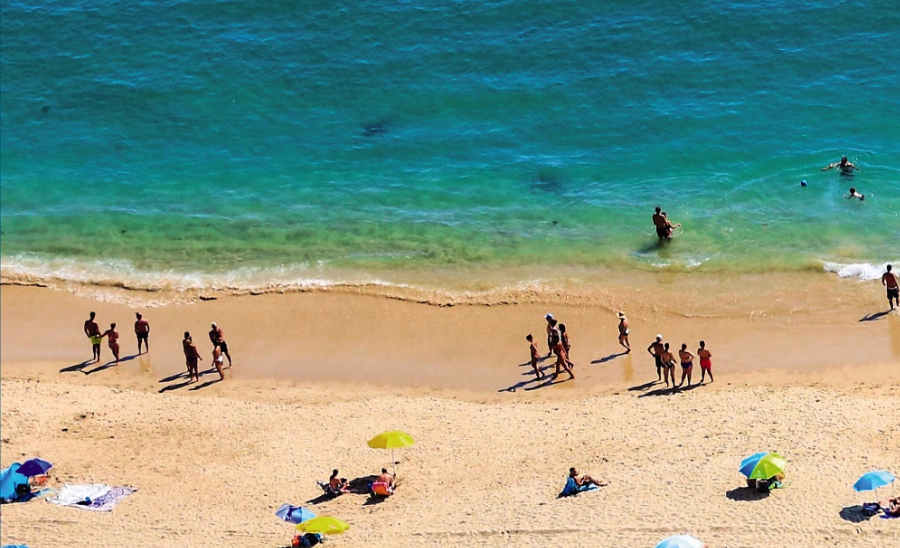Dictionary with 364 entries revealing the evolution of tourism published
The Diccionario de Turismo, which includes 364 entries, was recently published. The dictionary was created by Geography lecturers from seven Spanish universities, including UAB lecturer Asunción Blanco, after five years of extensive research.

Tourism-phobia, e-tourism, inclusive tourism, and LGTBI tourism are some of the 364 terms contained in the dictionary.
The idea to create this Diccionario de Turismo, published by Cátedra and funded by the Spanish Ministry for Science and Innovation, was born in 2015 and proposed by the Spanish Geography Association. A group of Geography lecturers from seven different Spanish universities considered it necessary to create this manual of concepts and fill a void in the market with regards to these types of social-scientific publications addressed not only to researchers and students, but also to tourism planners and managers.
Observing the words used in the dictionary, one notices the concern for a more sustainable management of tourism, as well as for new types of tourism.
Asunción Blanco Romero, lecturer at the Department of Geography, Universitat Autònoma de Barcelona (UAB), and researcher of the UAB group TUDISTAR (Turisme i dinàmiques socioterritorials), is the first author of the dictionary, alongside lecturers from the universities of the Balearic Islands, Seville, Santiago de Compostela, Alacant, Malaga, and the Complutense of Madrid.
"The concepts were selected transversally, taking into account those words most needed in daily contexts, and with the maximum attention put on geography, while also feeding off of other disciplines", Asunción Blanco explains. In a sector like tourism, which rapidly adopts many new words and words in English, each of the 364 words are also translated into English, French and into the other co-official languages of Spanish: Basque, Catalan, and Galician.
The dictionary presents a full set of terms used in the tourism sector, with many well-known words and other newly formed ones, such as tourismphobia, aculturation, tourist footprint, greeter, e-tourism, inclusive tourism, LGTBI tourism, accessible tourism and dark tourism.
The dictionary represents systemising key concepts forming part of the vocabulary used in tourism studies. Newer words have emerged as the sector evolved and new forms of tourism came into being.
The dictionary defines words related to resources, modalities and typologies, processes associated with the implementation and specialisation of tourism (tourist district) and the economic impact (multiplying effect of tourism) and the social effects (tourist colonialisation) this type of activity has.
Words referring to the management tools used by companies in this sector can also be found; as well as any words related to the analysis and organisational methods and techniques (cost-benefit analysis) and the voices helping to understand the demonstrations against tourism and all its processes (Balearisation).
Many of the concepts defined in the dicctionary include explanatory or complementary illustrations which, depending on each case, may be images, graphs, tables, schemes, etc.
The UAB, with Sustainable Development Goals
Climate action